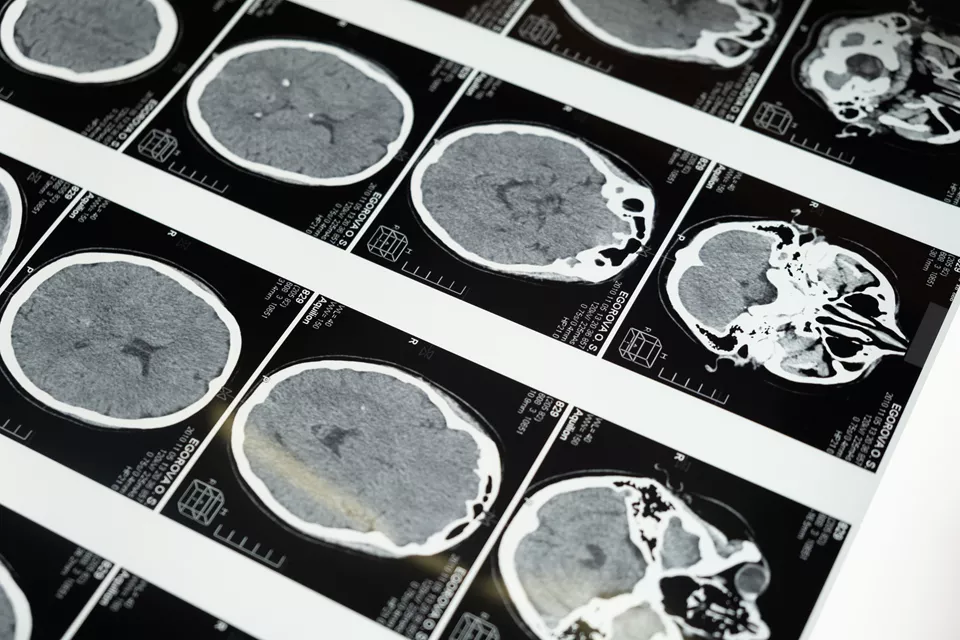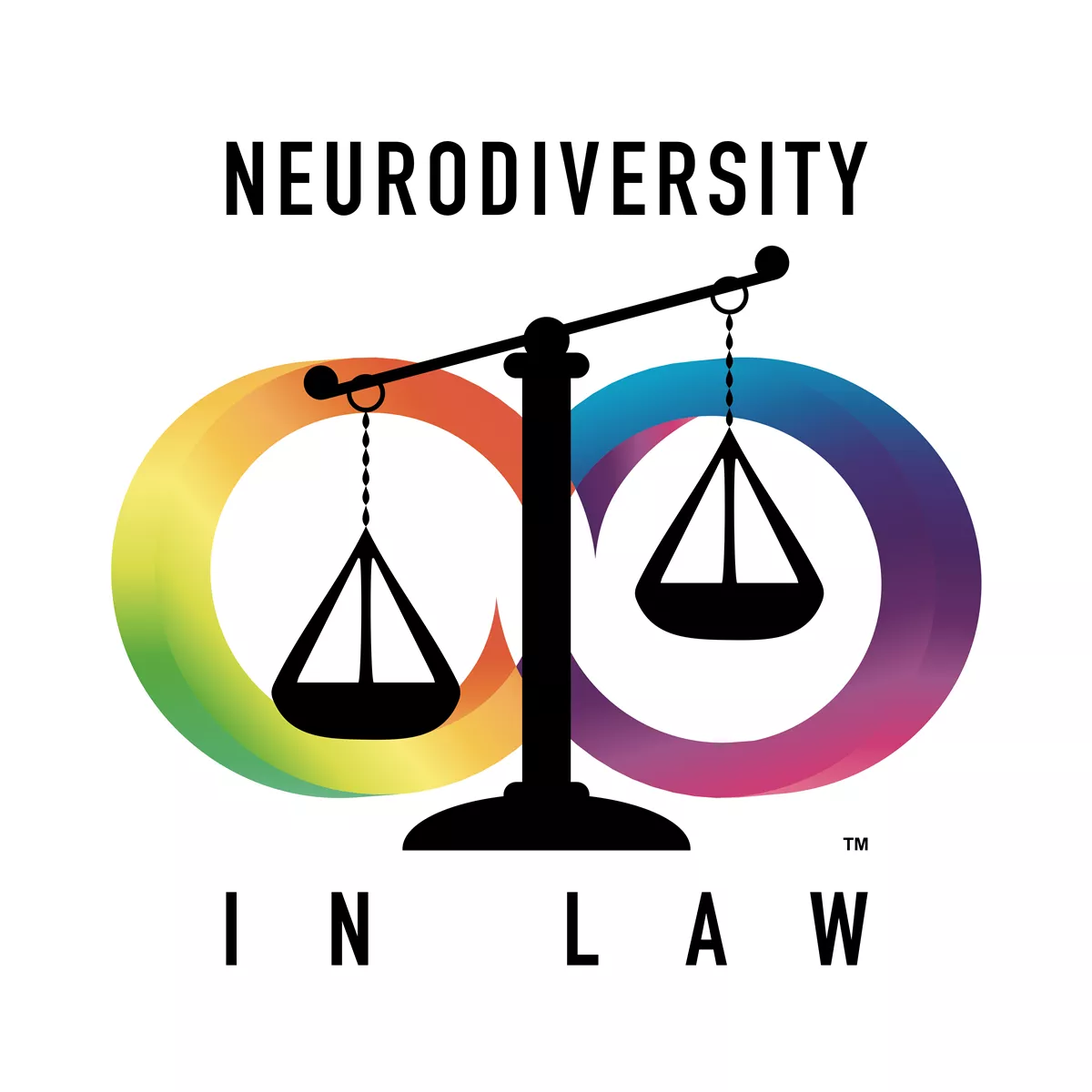Neurodiversity and mental health
It’s not surprising that living in a world which is not built for neurodivergent people can affect mental health.

Neurodiversity and mental health
Danielle Gleicher-Bates is a member of the Executive Board of Neurodiversity in Law and a Bar Vocational Studies LLM student at City University of London. Outside of the law Danielle is a company director in the property sector. In her late twenties she was diagnosed with three neurodivergent conditions: visual stress, dyslexia and dyspraxia.
In recent years, mental health in the legal sector has become a hot topic and less stigmatised. Although awareness of neurodiversity in the legal sector is starting to gain traction, stigmatisation is still an issue and awareness of the intersection between mental health and neurodiversity is lagging even further behind.
Neurodivergent conditions are often misdiagnosed as mental health conditions. This can be because not only do some symptoms of individual neurodivergent conditions overlap, but they can overlap with symptoms of mental health conditions too. People with neurodivergent conditions are also more likely to have mental health conditions such as depression and anxiety, and having a neurodivergent condition can impact on mental health for a variety of reasons. Opinions differ on whether mental health conditions come under neurodiversity, but because of neurodiversity’s impact on mental health the two are closely linked. Some neurodivergent conditions directly cause difficulties with mood and emotional regulation.

It’s not surprising that living in a world which is not built for neurodivergent people can affect mental health. For many, neurodiversity’s impact on mental health begins at school. It’s hard to grow up feeling that you don’t fit in, and noticing that you find things more challenging than your peers do, or that you do them in a totally different way. Labels and stereotypes start to be thrown around – not academic, lazy, daydreamer – when in reality, there is just a need for different support or accommodations. It’s particularly hard if you went through school undiagnosed and had these experiences without knowing why or receiving any support. From an early age we are given the message that neurodivergence is a disadvantage or even an inconvenience, instead of highlighting that neurodivergent conditions come with a host of advantages and strengths such as creativity, determination, and problem-solving skills.
For those neurodivergent people who receive a diagnosis after school, it can be a relief, but it can also elicit more difficult feelings. It can be especially traumatic growing up thinking that something is wrong with you, not having the right support or accommodations and not understanding why you aren’t quite like your peers. It’s not unusual to feel anxiety about a new diagnosis and to be concerned about how other people will receive your diagnosis if you tell them, and how you will be treated. After a late diagnosis many people look back at their lives and feel resentful that their condition wasn’t spotted sooner, or even feel that they should have known themselves. It’s hard to reconcile with the fact that you may not have previously reached your full potential because you weren’t diagnosed until later in life. This can cause people to grieve ‘what could have been’.
Moving into work, neurodivergent people may experience what they did at school. Attitudes towards neurodivergence are carried on into the workplace and recruitment processes, and some people even expect that as an adult you’ll somehow have ‘grown out of’ your condition. Recruitment processes commonly put neurodivergent candidates at a disadvantage, which can be demoralising and frustrating. For many people, it’s damaging to their self-esteem to be trying their hardest and still not be getting the same results as the people around them. Additionally, anxiety about disclosing neurodivergent conditions to your workplace can be overwhelming, especially if there is a fear of being judged, viewed as less competent, or even losing your job. If conditions are not disclosed, there is no requirement to provide reasonable adjustments, the lack of which can be highly stressful and affect both physical and mental health. Even requesting and obtaining reasonable adjustments can be a stressful process when attitudes still wrongly exist that they are an inconvenience or confer an unfair advantage.
"It can be exhausting trying to get the bare minimum you need to fulfil your potential – a barrier which usually isn’t seen by others or even contemplated by them. It’s common for neurodivergent people to have to become their own advocate in respect of their condition. This may seem natural to lawyers and aspiring lawyers, but if you’ve grown up in a world where your needs have come second, advocating for yourself constantly can become wearing."
To improve mental health in a neurodivergent context, we need to ensure that neurodivergent people’s needs are accommodated and that where possible, recruitment and work processes are adapted to suit all candidates as a base line, not just on request. Most importantly, the stigma of being neurodivergent needs to be dismantled and awareness of neurodiversity raised. It must be said however, that progress is slowly being made in the legal sector regarding neurodiversity, and as a result regarding its intersection with mental health.

Useful links
We're here to listen...without judgement




